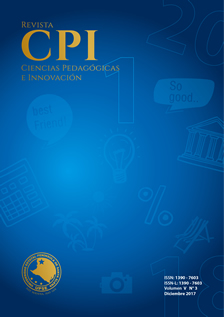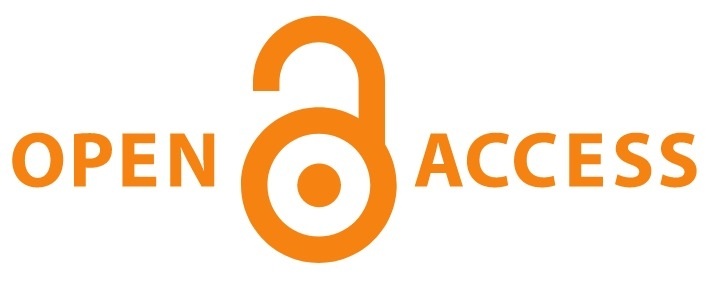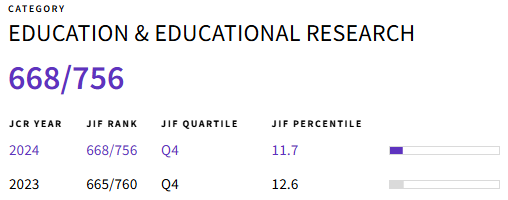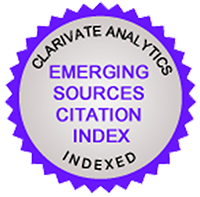Análisis de la cultura tributaria: impuesto a la renta para personas naturales no obligadas a llevar contabilidad, Provincia de Santa Elena
DOI:
https://doi.org/10.26423/rcpi.v5i3.214Palabras clave:
Cultura tributaria, personas naturalesno obligadas a llevar contabilidad, sistemas tributariosResumen
El presente artículo determina la realidad situacional de contribuyentes respecto a sus conocimientos tributarios además analiza en función de la problemática y los resultados, la propuesta para el fortalecimiento de la cultura tributaria para entes pertenecientes a la economía popular y solidaria, personas naturales no obligadas a llevar contabilidad de la Provincia de Santa Elena. La investigación se realizó como parte de los proyectos de vinculación con la colectividad de la Carrera de Contabilidad y Auditoría (CPA) en la Universidad Estatal Península de Santa Elena (UPSE), con el objetivo de determinar el nivel de cultura tributaria de los Comerciantes de la provincia de Santa Elena. El trabajo realizado se fundamentó en los métodos de investigación cualitativo y cuantitativo, con una concepción de la realidad basada en la inclusión socioeconómica de los involucrados. Se concluye que existe una deficiente cultura tributaria identificada, a través del bajo registro en los sistemas tributarios de recaudación como el Registro Único de Contribuyentes (RUC), Régimen General y el Régimen Impositivo Simplificado Ecuatoriano (RISE), debido al desinterés y desconocimiento de las obligaciones fiscales o beneficios que ofrece la Administración Tributaria. Por lo tanto, se considera importante la creación de un Núcleo de Apoyo Contable Fiscal (NAF) que brinde el acompañamiento a los contribuyentes con actividades comerciales o productivas y sirva de escenario para la práctica contable tributaria de los estudiantes de CPA. Aquello se fundamenta en que las instituciones de educación superior están delegadas a contribuir con la comunidad, generando alternativas para la solución de diferentes problemas, exteriorizando las capacidades intelectuales o académicas de los docentes y estudiantes, con la finalidad de motivar el cambio y desarrollo de los pueblos.
Descargas
Referencias
Albi E., Paredes R. y Rodríguez J. (2015). Sistema fiscal español I: IRPF. Imposición sobre la riqueza Economía y Empresa. Grupo Planeta Spain.
Bernal, C. (2010). Metodología de la investigación para la administración, economía, humanidades y ciencias sociales (Tercera ed.). Colombia: Pearson Educación.
Camarero L, Pino J y Mañas B. (2015) Evolución de la cultura tributaria, coyuntura económica y expectativas vitales: Un estudio longitudinal. CIS - Centro de Investigaciones Sociológicas
Centro Interamericano de Administraciones Tributarias CIAT (2011) La Moral Tributaria como factor determinante en el mejoramiento de la eficacia de la Administración Tributaria, Ecuador.
Código Tributario. (2013). Ecuador.
Constitución de la República del Ecuador. (2008). Ecuador.
Díaz, M. (2014). Psicología Fiscal y Tributaria. Psicología Tributaria, 1.
Ley de Régimen Tributario Interno. (2010). Ecuador.
Montero, J. (2007). Estadística Descriptiva. Madrid, España: Paraninfo, S.A.
Plan Nacional del Buen Vivir (2013 - 2017). Ecuador.
S. Moore, D. (2000). Estadística Aplicada Básica. España: Antoni Bosch, Editor S.A.
Servicio de Rentas Internas . (2010). Recuperado el 26 de Julio de 2015, de http://www.sri.gob.ec/web/guest/incentivosybeneficios.
Tylor, Edward B. (1995). La ciencia de la cultura. El concepto de cultura. Anagrama. Barcelona.
Descargas
Publicado
Número
Sección
Licencia
El titular de los derechos de autor de la obra, otorga derechos de uso a los lectores mediante la licencia Creative Commons Atribución-NoComercial-CompartirIgual 4.0 Internacional. Esto permite el acceso gratuito inmediato a la obra y permite a cualquier usuario leer, descargar, copiar, distribuir, imprimir, buscar o vincular a los textos completos de los artículos, rastrearlos para su indexación, pasarlos como datos al software o usarlos para cualquier otro propósito legal.
Cuando la obra es aprobada y aceptada para su publicación, los autores conservan los derechos de autor sin restricciones, cediendo únicamente los derechos de reproducción, distribución para su explotación en formato de papel, así como en cualquier otro soporte magnético, óptico y digital.

















